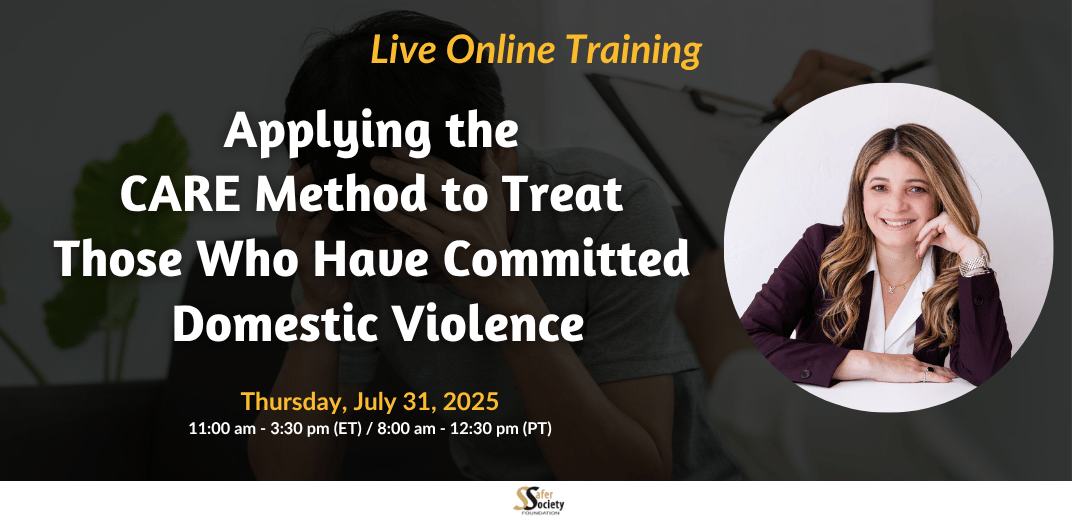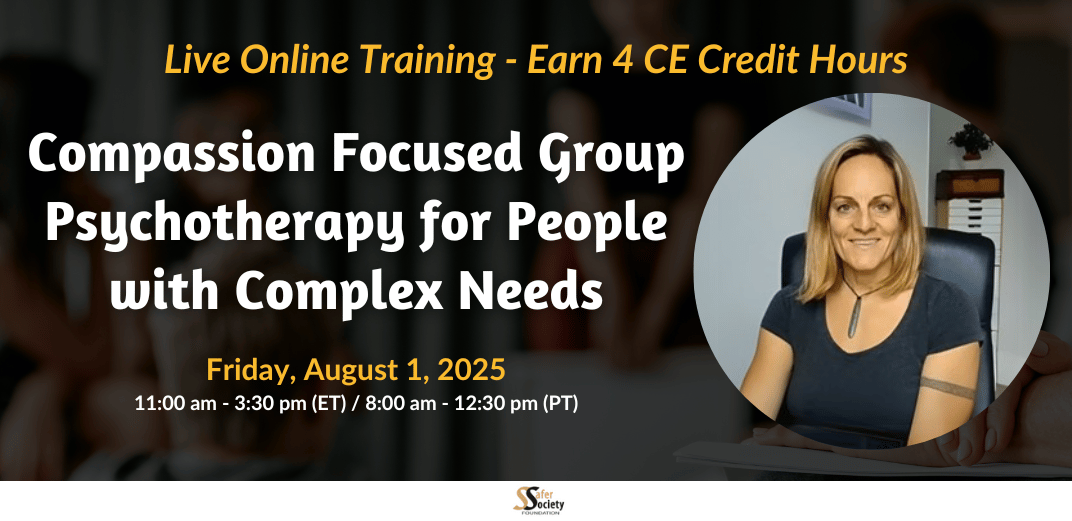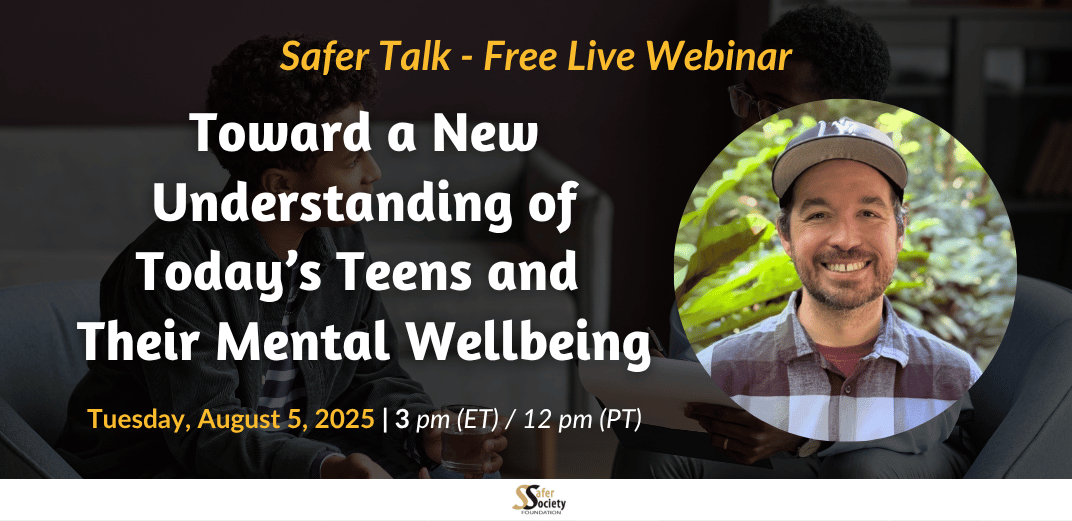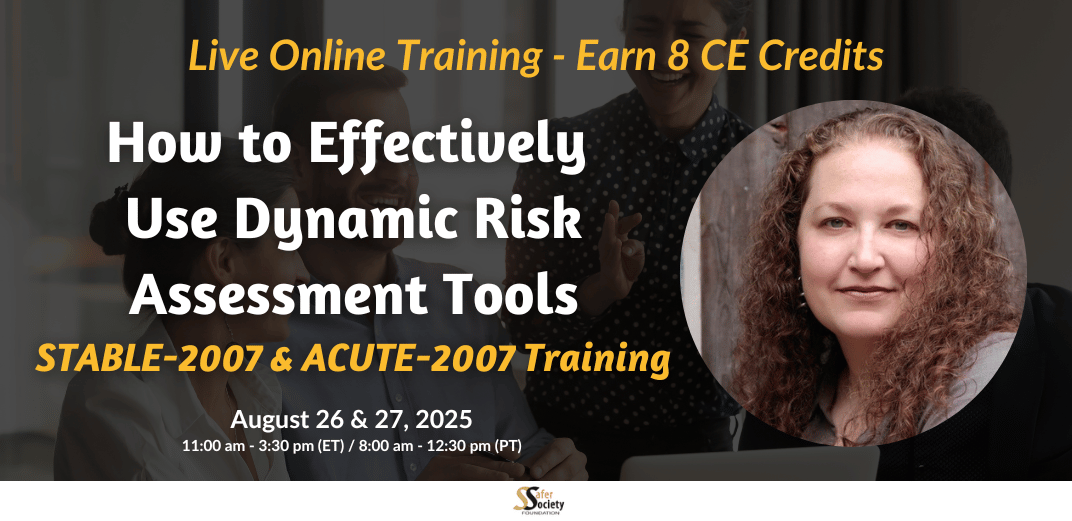
Applying the CARE Method to Treat Those Who Have Committed Domestic Violence
In this training, Ms. Buckley introduces the CARE method and discusses its development. She emphasizes the importance of a person-centered approach to engagement, particularly in the treatment of justice-involved clients. These individuals often have histories of trauma, exhibit rigid cognitive styles, possess limited coping skills, and may struggle to trust professionals. Ms. Buckley explores these client characteristics and provides insight into how involvement with the criminal justice system can influence those characteristics.
The training then covers the CARE method in detail, addressing topics such as identifying triggers, building emotional intelligence, understanding intergenerational trauma, enhancing communication skills, and recognizing cognitive distortions. Ms. Buckley highlights the importance of relational dynamics, including healthy conflict resolution and the impact of substance abuse on relationships, and she suggests strategies for addressing warning signs of relational decline.








